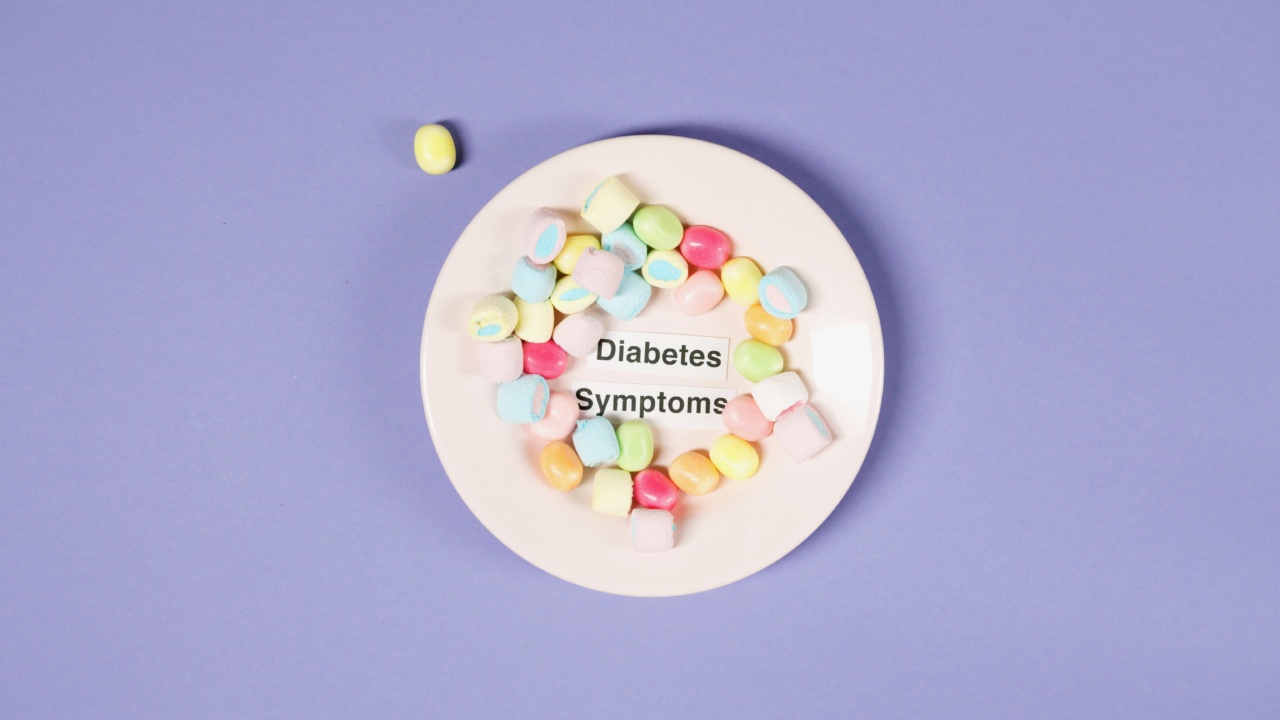Ulcerative colitis is a chronic inflammatory bowel disease that affects the colon and rectum. It causes symptoms like abdominal pain, diarrhea, and rectal bleeding.
While medication and medical treatments are essential in managing this condition, diet also plays a crucial role in controlling ulcerative colitis symptoms. A well-balanced and personalized diet plan can help alleviate symptoms, reduce inflammation, and promote overall gut health. In this article, we will explore the various ways in which diet can aid in managing ulcerative colitis symptoms.
1. Identifying Trigger Foods
One of the primary steps in managing ulcerative colitis through diet is identifying trigger foods. These are specific foods that might worsen inflammation or cause flare-ups.
Common trigger foods for ulcerative colitis include spicy foods, fried foods, alcohol, caffeine, high-fiber foods, and dairy products. Keeping a food diary and monitoring your symptoms can help you identify which foods are problematic for you.
2. Low-Residue Diet
A low-residue diet is often recommended during ulcerative colitis flare-ups. This diet minimizes the consumption of high-fiber foods, as these can worsen symptoms such as diarrhea and abdominal pain.
Cooked or canned fruits and vegetables, white bread, refined pasta, tender meats, and dairy alternatives are some examples of low-residue foods that are easier to digest.
3. Fiber-Rich Foods
While high-fiber foods can exacerbate symptoms during flares, they are generally beneficial for ulcerative colitis management during remission. Soluble fiber helps regulate bowel movements and promotes a healthy gut environment.
Foods rich in soluble fiber include oats, bananas, berries, chia seeds, and cooked vegetables. Gradually increasing fiber intake and staying hydrated can help prevent constipation and maintain healthy digestion.
4. Omega-3 Fatty Acids
Omega-3 fatty acids have anti-inflammatory effects and are beneficial for individuals with ulcerative colitis. Fatty fish like salmon, mackerel, and sardines are excellent sources of omega-3s. Vegetarian options include flaxseeds, chia seeds, and walnuts.
Including these foods in your diet can help reduce inflammation and alleviate symptoms.
5. Probiotics
Probiotics are live beneficial bacteria that promote a healthy balance of gut flora. They can help reduce inflammation and improve symptoms in individuals with ulcerative colitis. Probiotic-rich foods include yogurt, kefir, sauerkraut, and kimchi.
However, it is essential to consult with a healthcare professional before starting any probiotic supplements or making significant changes to your diet.
6. Adequate Hydration
Staying hydrated is crucial for everyone, but even more so for individuals with ulcerative colitis. Diarrhea and increased fluid loss can lead to dehydration.
Drinking plenty of water and consuming hydrating fruits and vegetables like watermelon and cucumber can help maintain proper hydration and support overall digestive health.
7. Mindful Eating
Mindful eating involves paying attention to what and how you eat. Chewing food thoroughly, eating slowly, and avoiding distractions while eating can improve digestion and reduce the risk of bloating and other discomforts.
It also aids in portion control and may prevent overeating, which can aggravate ulcerative colitis symptoms.
8. Avoiding Food Allergens
Some people with ulcerative colitis may have food allergies or sensitivities that worsen symptoms. Common allergens include gluten, dairy, eggs, and nuts.
If you suspect you have any food allergies or sensitivities, it may be beneficial to eliminate potential allergens from your diet and observe how your symptoms respond.
9. Vitamin and Mineral Supplements
Individuals with ulcerative colitis may have difficulty absorbing certain nutrients due to inflammation in the digestive tract. This can lead to deficiencies in vitamins and minerals such as vitamin D, vitamin B12, iron, and calcium.
Consulting a healthcare professional and considering appropriate supplements can help ensure nutritional needs are met.
10. Seek Professional Guidance
It is important to remember that each individual with ulcerative colitis is unique, and dietary recommendations may vary.
Consulting with a registered dietitian or healthcare professional who specializes in inflammatory bowel diseases can help create a tailored diet plan that suits your specific needs and helps manage ulcerative colitis symptoms effectively.






























